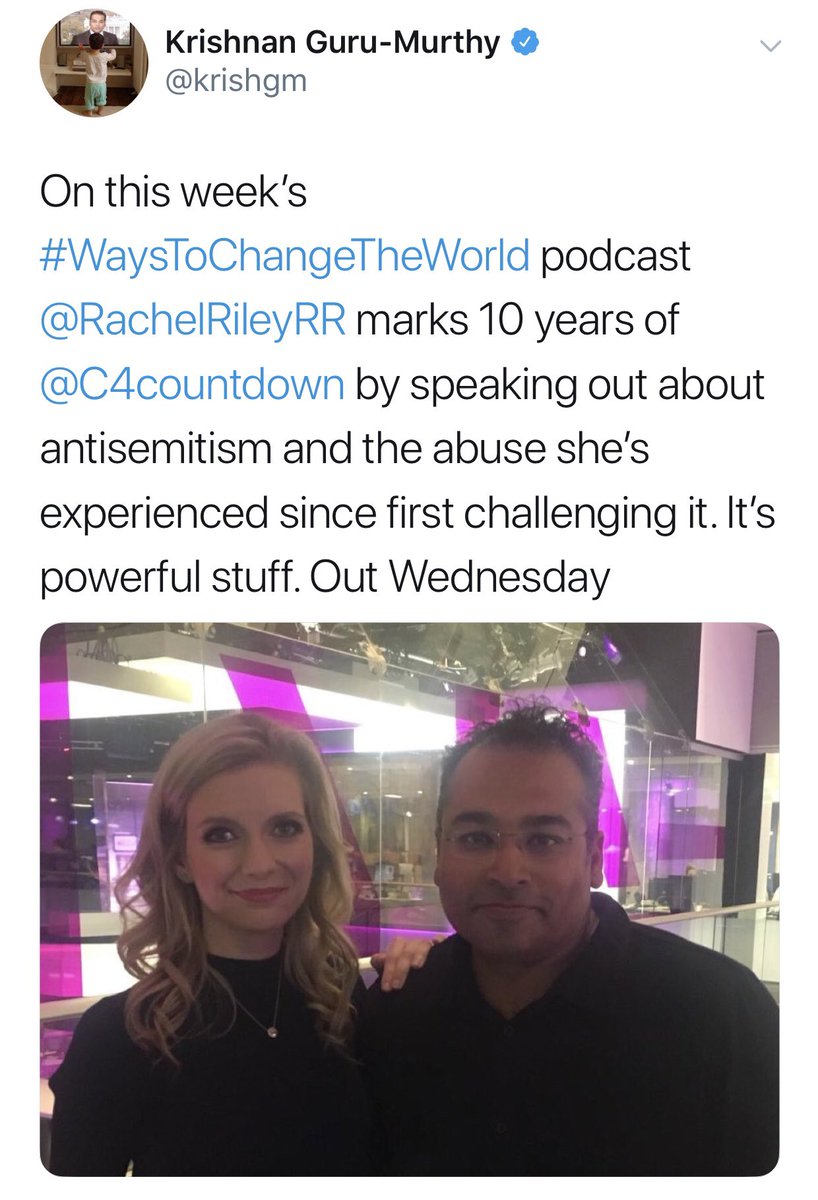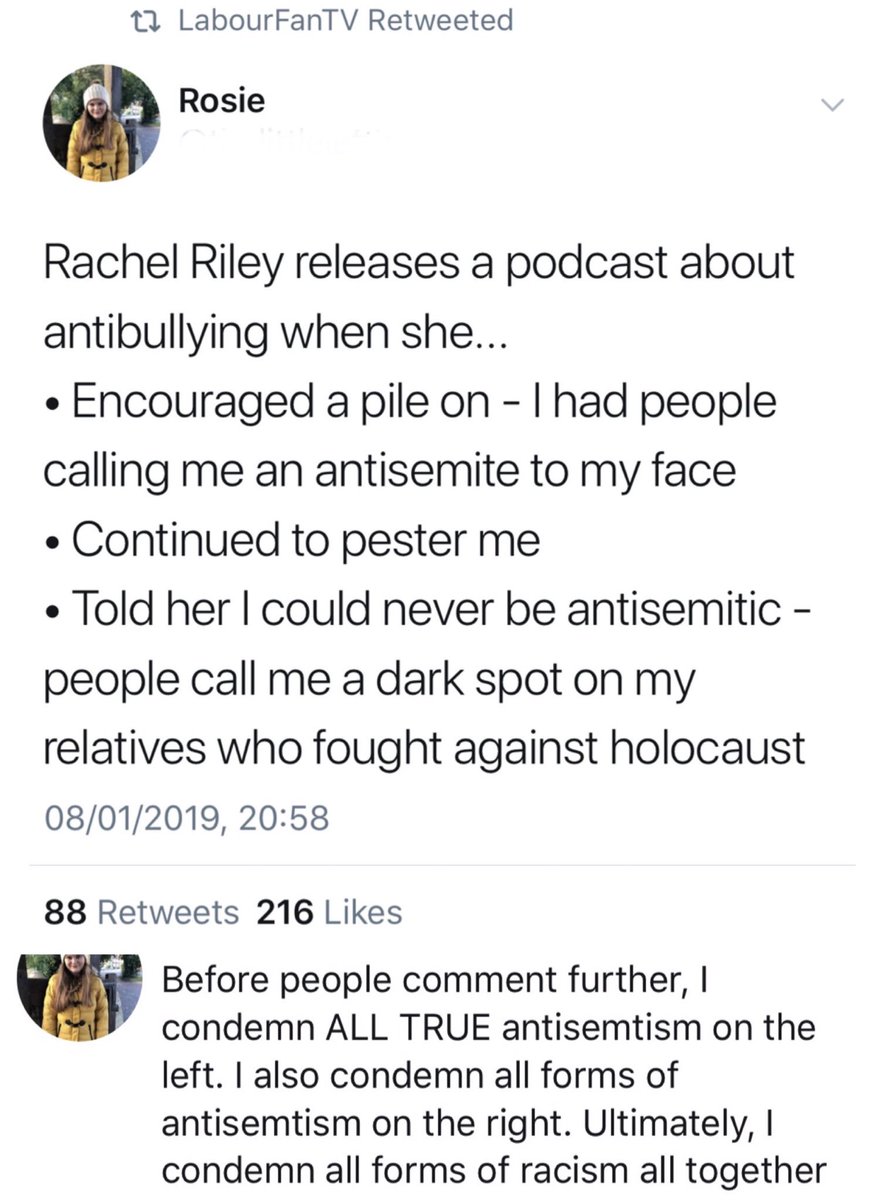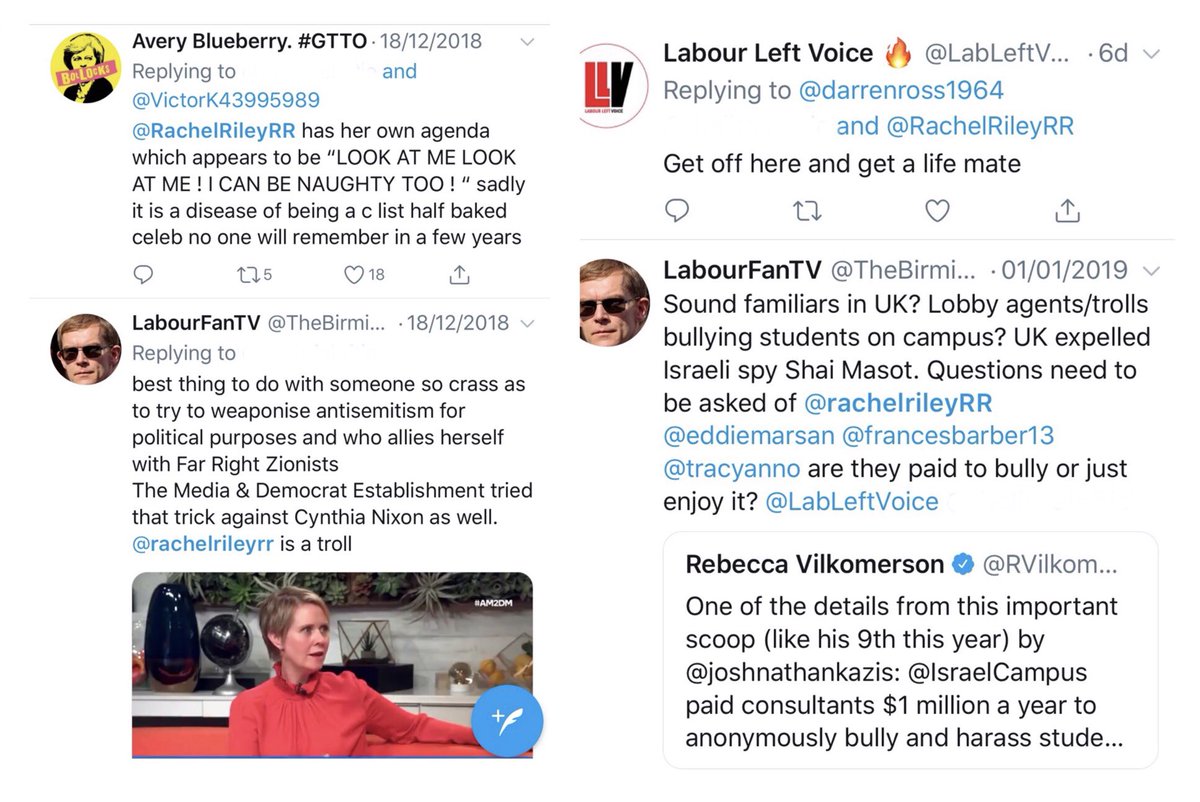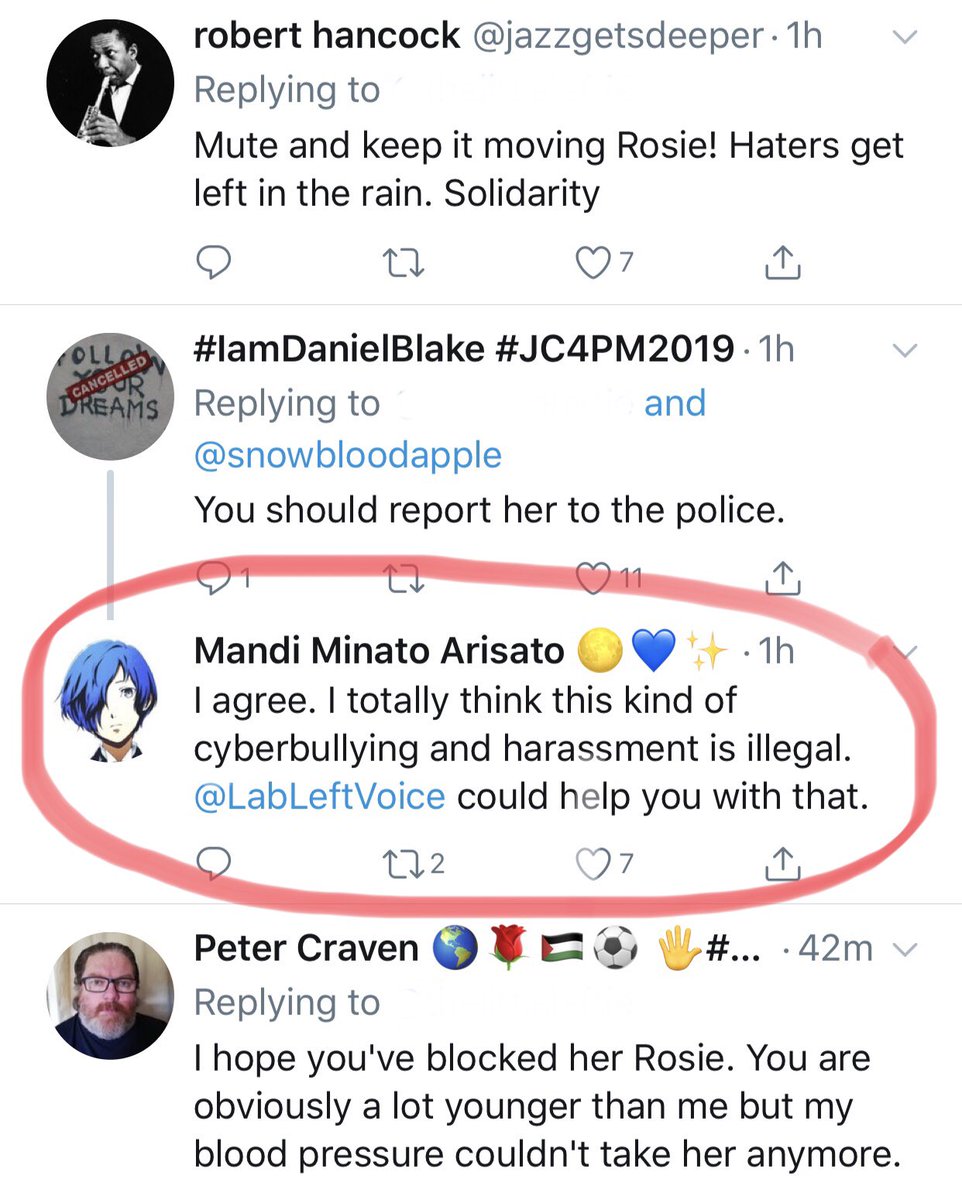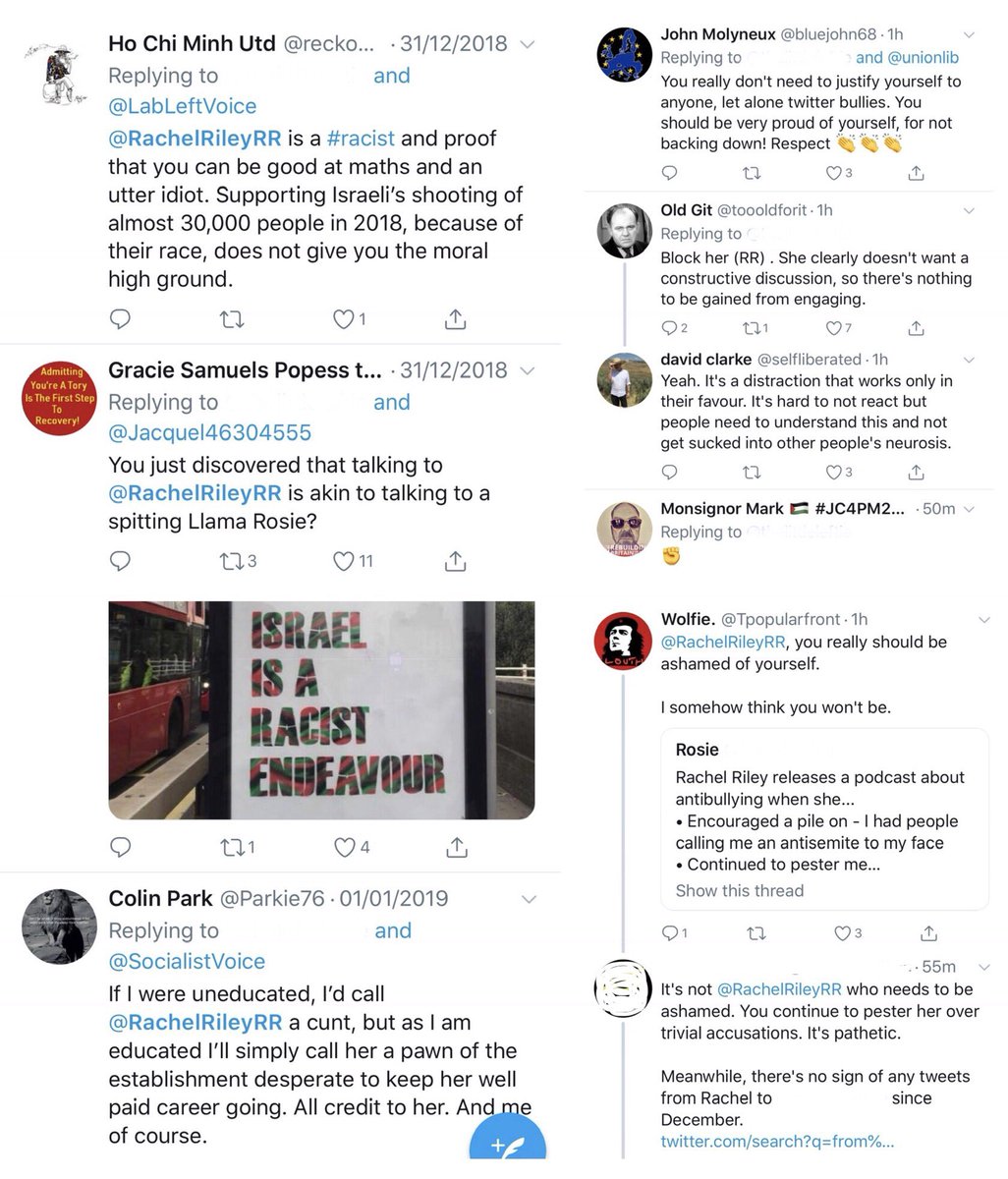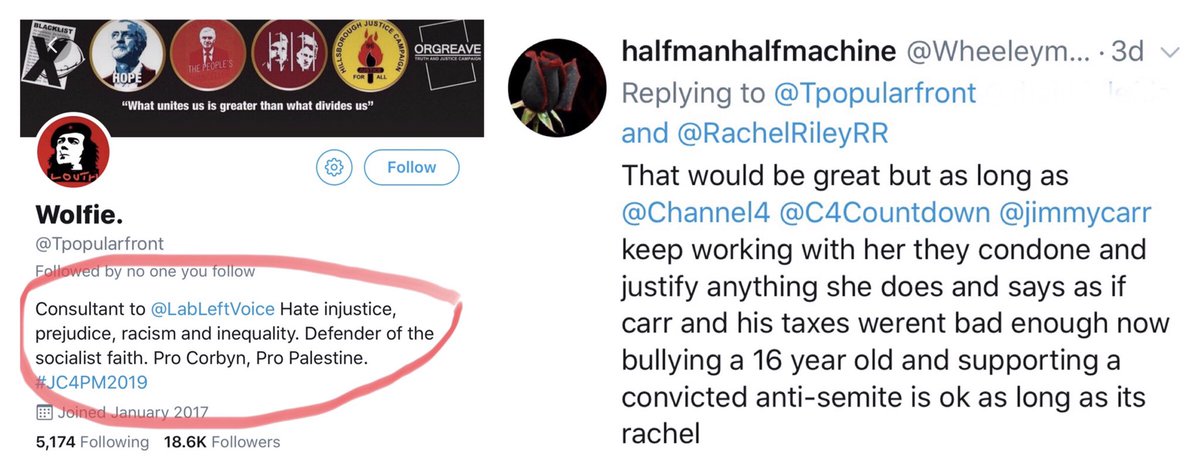Under the Article, "information society service providers" such as YouTube are required to use “content recognition technologies” to scan for images, videos, audio and text content.
The Council is made up of the heads of state of EU countries, the European Commission President (Donald Tusk) and the High Representative for Foreign Affairs & Security Policy.
If the Council fails to gather a majority to pass the law, this will lead to further negotiations on the Directive.

